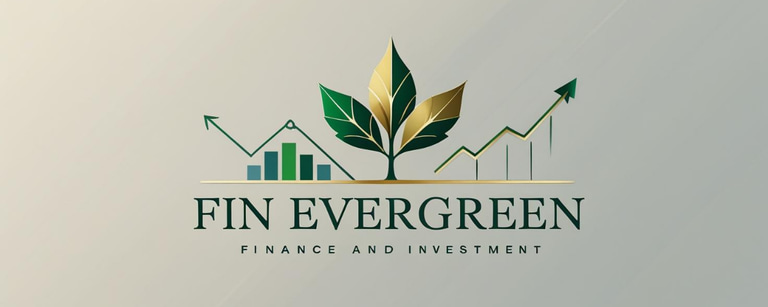Debt Consolidation Explained: Is It Right for You in 2025?
Struggling with multiple debts? Learn how debt consolidation works in 2025, its pros and cons, and whether it’s the right strategy for your financial situation.
DEBT MANAGEMENT


Introduction: Why Debt Consolidation Is So Popular
If you’re juggling multiple debts—credit cards, personal loans, medical bills—it can feel overwhelming to track due dates and minimum payments. That’s where debt consolidation comes in. By combining your debts into a single payment (often with a lower interest rate), consolidation can make your financial life simpler and sometimes cheaper.
But is it the right choice for you in 2025? Let’s break it down.
What Is Debt Consolidation?
Debt consolidation is the process of combining multiple debts into one, ideally with:
A lower interest rate
A single monthly payment
A clear payoff timeline
Instead of paying five creditors separately, you make one payment. This can reduce stress and help you stay on track.
Types of Debt Consolidation in 2025
1. Balance Transfer Credit Cards
Many cards offer 0% APR promotional periods (12–18 months).
Best for people with good to excellent credit.
Works if you can aggressively pay off debt before the promo expires.
2. Personal Loans
Fixed interest rate, fixed term.
Available through banks, credit unions, and online lenders.
Great for consolidating high-interest credit cards.
3. Home Equity Loans or HELOCs
Use your home’s equity as collateral.
Lower interest rates than unsecured loans.
Risk: if you default, your home is on the line.
4. Debt Management Plans (DMPs)
Offered by nonprofit credit counseling agencies.
They negotiate lower interest rates with creditors.
You make one monthly payment to the agency, and they distribute funds.
Benefits of Debt Consolidation
Lower Interest Costs
Paying off 22% credit card debt with a 10% loan saves thousands in interest.Simplified Finances
One monthly payment = less stress.Predictable Payoff Timeline
Especially with personal loans or DMPs.Potential Credit Score Boost
Lower utilization and on-time payments may improve your credit over time.
Downsides of Debt Consolidation
Upfront Costs
Balance transfers may have 3–5% fees.
Personal loans may charge origination fees.
Risk of Relapse
Consolidation fixes payments, not spending habits. If you rack up new debt, you’ll be worse off.Home Risk
With HELOCs or home equity loans, your house is collateral.Not Always Cheaper
If you extend your loan term, you might pay more in interest over time, even at a lower rate.
Who Should Consider Debt Consolidation?
Debt consolidation may be right if:
You have high-interest debts (like credit cards).
You have steady income to cover consolidated payments.
You have good credit (for balance transfers or favorable loan rates).
You feel overwhelmed managing multiple due dates.
It may not be right if:
You struggle with overspending.
You can’t afford consolidated payments.
Your debts are so large that bankruptcy might be a better option.
Alternatives to Debt Consolidation
Snowball or Avalanche Method: Pay debts without new loans.
Debt Settlement: Negotiate with creditors (may hurt credit).
Bankruptcy: Last resort for overwhelming debt.
Frequently Asked Questions
1. Does debt consolidation hurt my credit?
Initially, applying for a new loan or card may cause a small dip. Over time, on-time payments and lower utilization can improve your score.
2. What’s the difference between consolidation and settlement?
Consolidation: Combine debts, keep paying in full.
Settlement: Pay less than you owe, often with credit damage.
3. How fast can debt consolidation get me out of debt?
It depends on the loan term—many personal loans are 3–5 years. With a 0% balance transfer card, it could be as little as 12–18 months if you’re aggressive.
4. Can I consolidate federal student loans?
Yes, but through a separate Direct Consolidation Loan program, which works differently than private consolidation.
Conclusion: Is It Right for You?
Debt consolidation in 2025 can be a powerful tool—but it’s not a magic fix. If you’re disciplined and ready to stop adding new debt, it can simplify your finances and save you money. If overspending is the real problem, focus on fixing habits first.
The bottom line: Debt consolidation works best when it’s part of a bigger financial plan.
Fin Evergreen
Empowering you with financial knowledge and insights.
© 2025 Finevergreen — For educational purposes only, not financial advice. By using this site, you agree that we may use cookies and affiliate links (at no extra cost to you). We are not responsible for financial outcomes or third-party content. Please consult a licensed professional before making investment or financial decisions.
Contact: support@finevergreen.com
